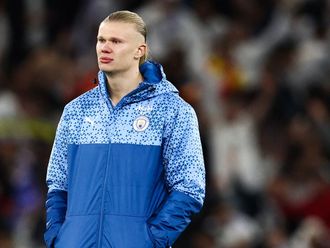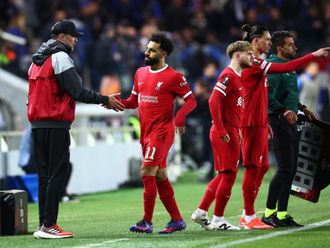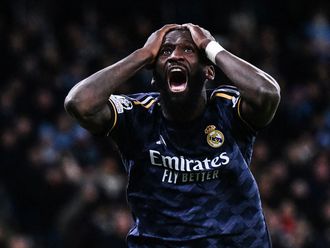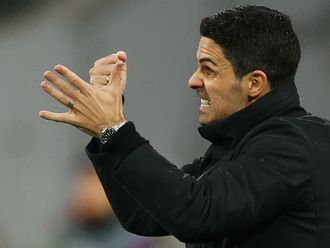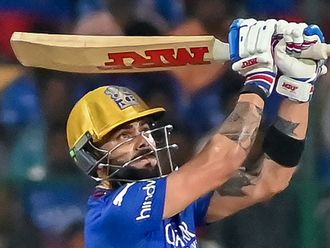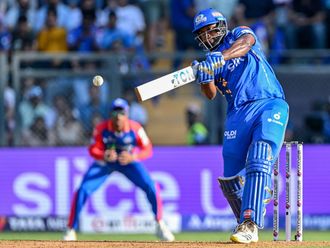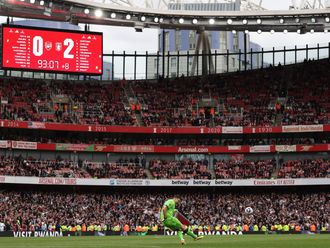Madrid: It’s about that time again. Sit back, relax and enjoy the best that European football has to offer.
The Champions League returns and once again the Spanish teams dominate the latter stages of the competition.
So superior have La Liga sides been in the recent past — four times in the last six seasons either Real Madrid or Barcelona have won the glittering prize — it’s begged the question as to just how they’re so consistent, and what it is they have over their Italian, German and English counterparts.
Say what you want about other aspects of La Liga’s organisation, but the governing body try to help their member clubs in Europe as much as possible as a start point.
All of the (double header) domestic cup games are done and dusted before the resumption of the tournament and a two-week winter break — which the Premier League in particular has never benefited from — allows a mid-season recharging of batteries.
In Barcelona and Atletico Madrid’s case, you have two teams that have an absolute understanding of how they should play. Barca’s DNA has long been known but Atleti have been a class apart under Diego Simeone.
Both adopt a blanket refusal to alter their style to fit any threat from their opposition, and it’s therefore easier to understand why they excel, as opposed to teams who change shape, formation and tactics in a bid to emerge victorious.
Sevilla are less cautious under Jorge Sampaoli than they were under Unai Emery, but the work-rate is the thread that binds the two variants. Kamikaze football it may be at times, but there isn’t a harder working side in the last 16.
Real under Zinedine Zidane are still learning, yet they are the holders and with only two defeats in over a year, you’d have to say are favourites to become the first team in the modern era of the competition to retain the ‘cup with the big ears.’
What’s also noticeable about the quartet is that, certainly in the latter stages of the competition, there is rarely, if ever, any rotation employed. The best XI plays every single time, no matter whether there’s an El Clasico type fixture directly after or not.
The most obvious reason why Spanish teams go further however is the simplest of all; the best players are still playing in La Liga.
Serie A, the Premier League and the Bundesliga all have a sprinkling of star names, but none can compare with what Spain has to offer. The quality is, frankly, mesmerising.
Messi, Ronaldo, Suarez, Bale, Neymar, Benzema, Iniesta, Modric, Griezmann, Busquets, Godin, Ramos, Pique … the list is practically endless.
Worryingly for the rest of Europe, once those names are eventually moved on or retire from the game, there will be Academy products able and willing to take their place, and all schooled in the same way as their contemporaries.
Developing youth also happens to be high up on the list of priorities for most Spanish teams, with a ‘Galactico’ or two thrown in for good measure.
When a gap needs plugging, the first thought isn’t to throw millions of euros at it (à la Chelsea) in the hope a new signing works out. If the solution is within, that’s the road often travelled. Messi, Iniesta and Xavi cost nothing. Zero. Nada.
It’ll take a few more years yet to knock these teams from their perch and it wouldn’t be a surprise if it was an all-Spanish final again in Wales come May.


